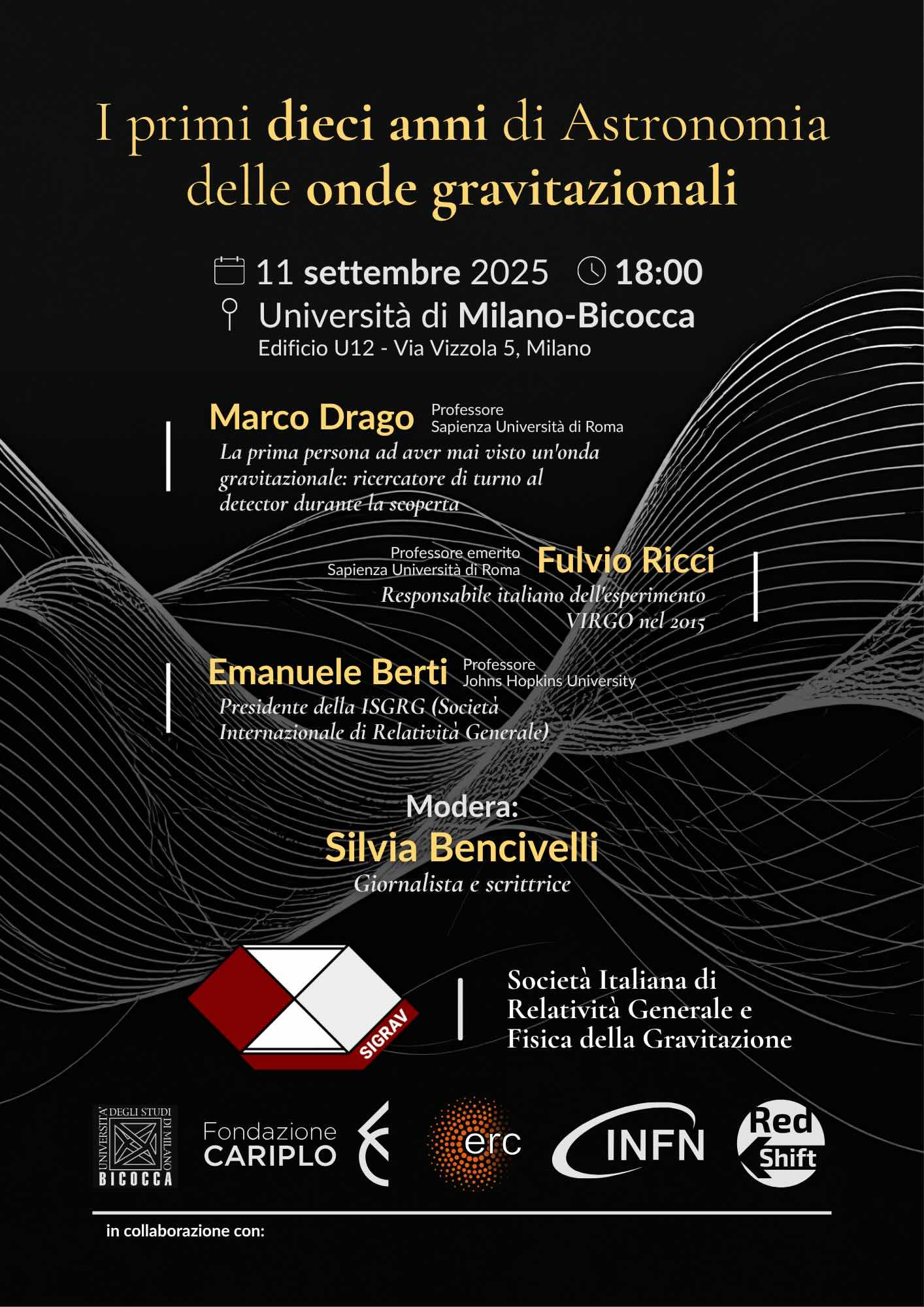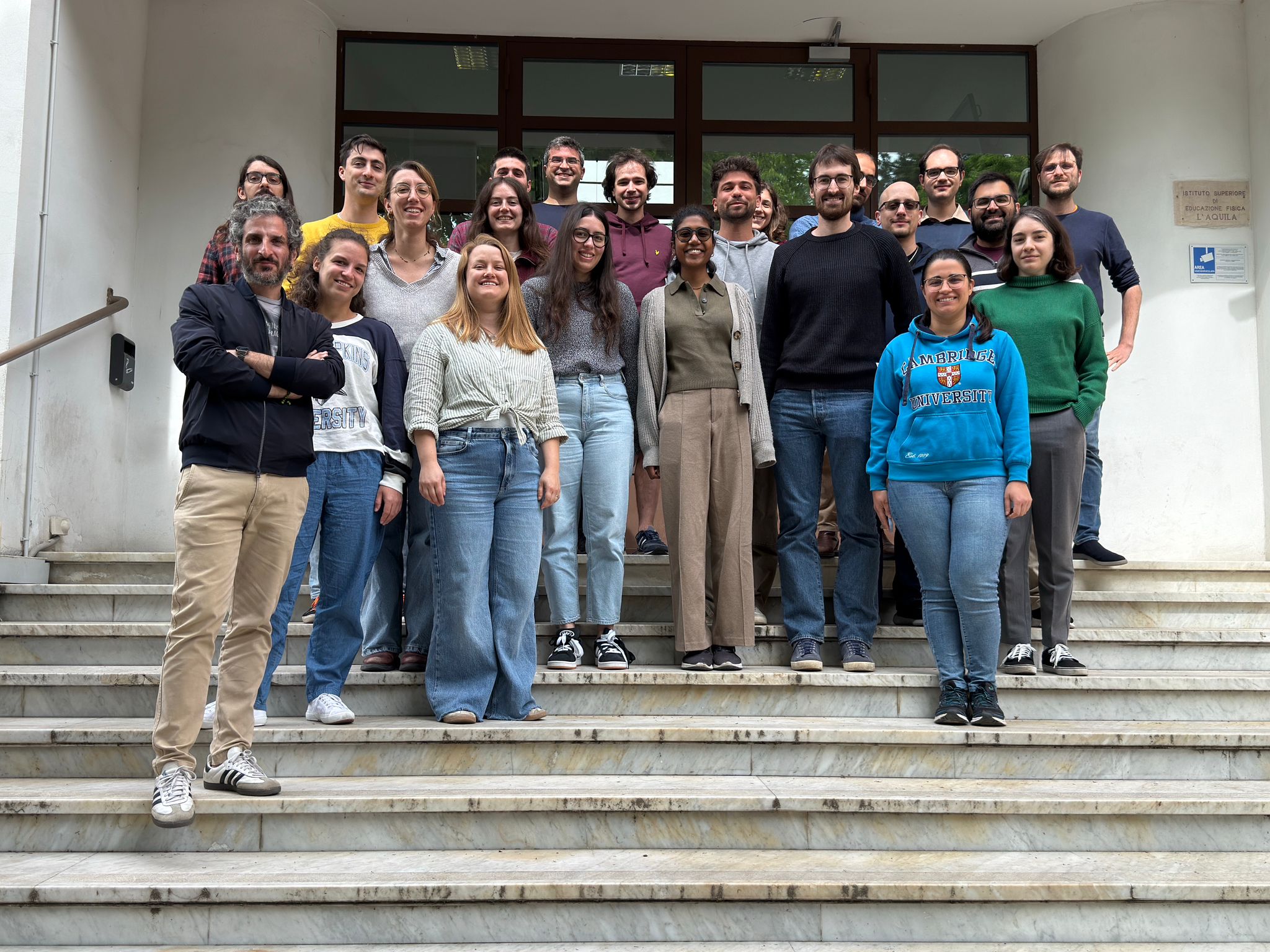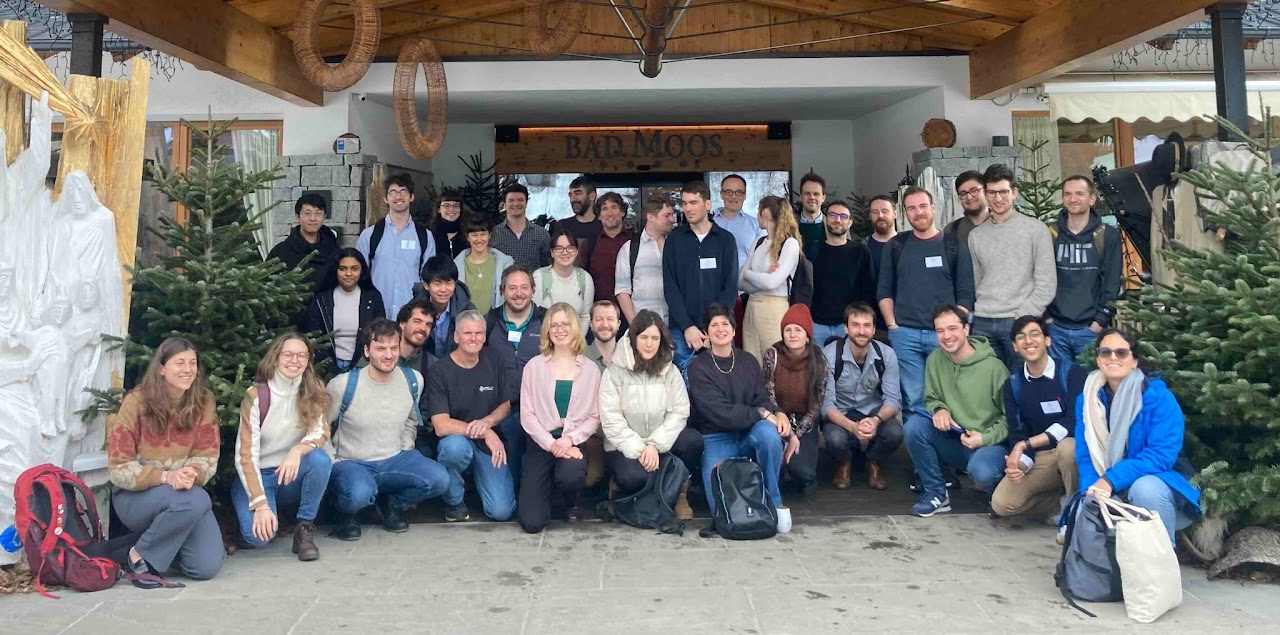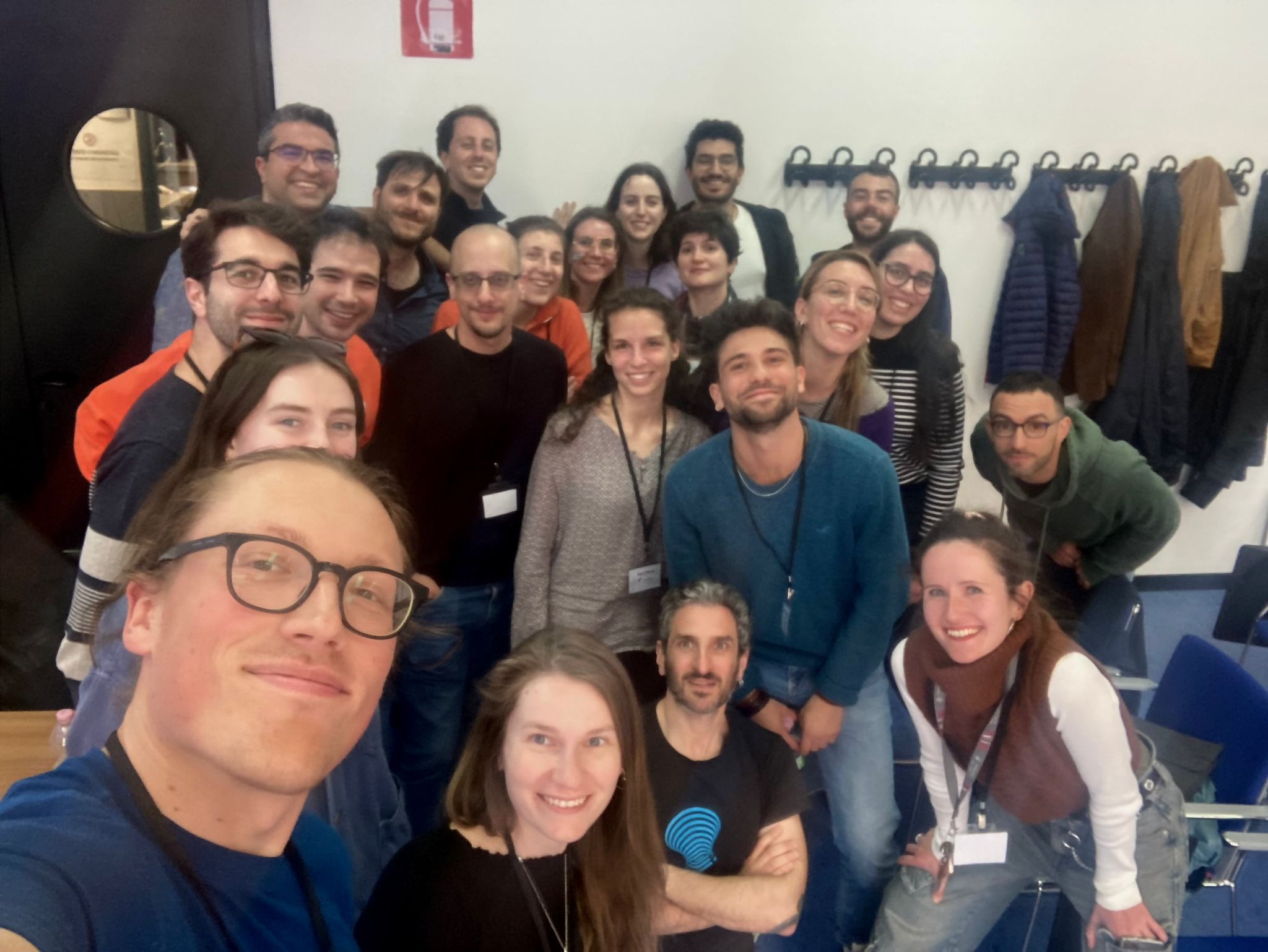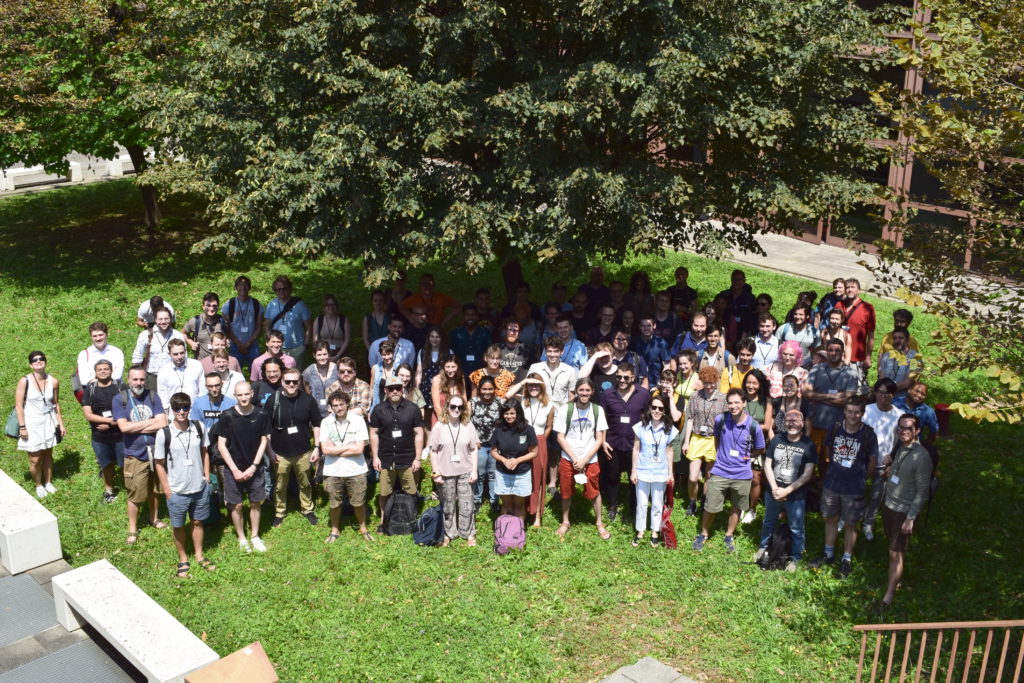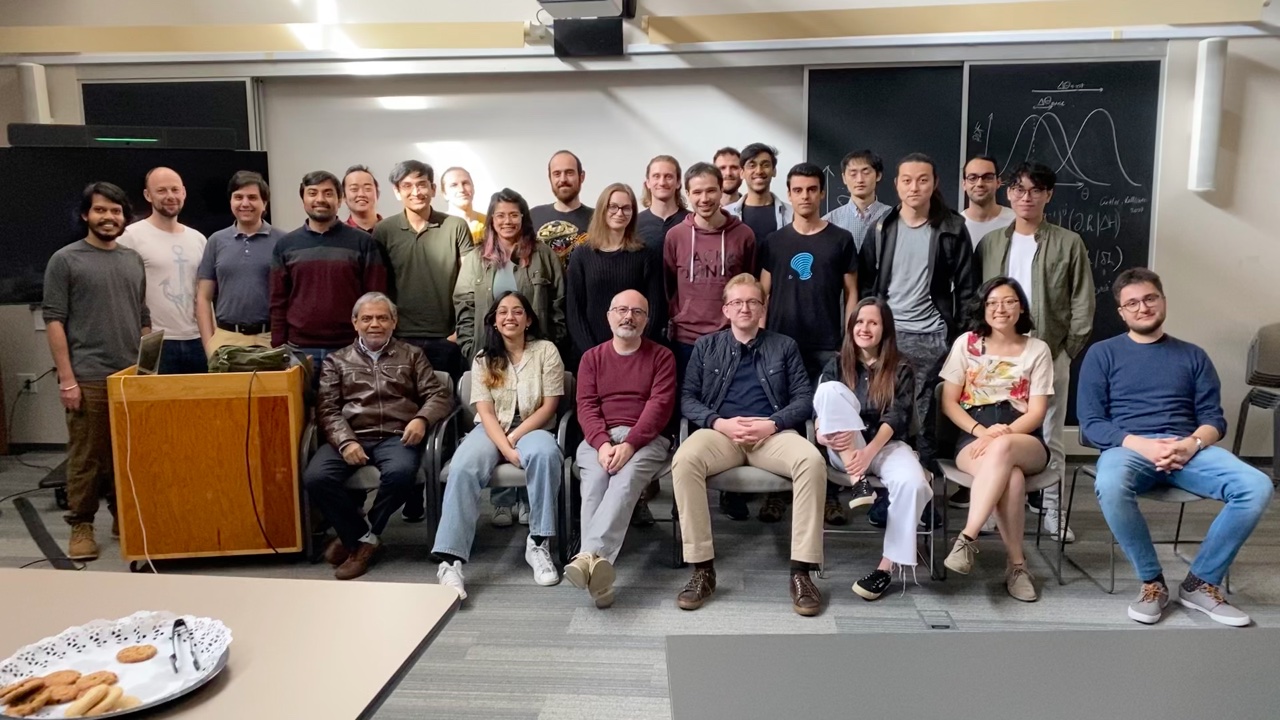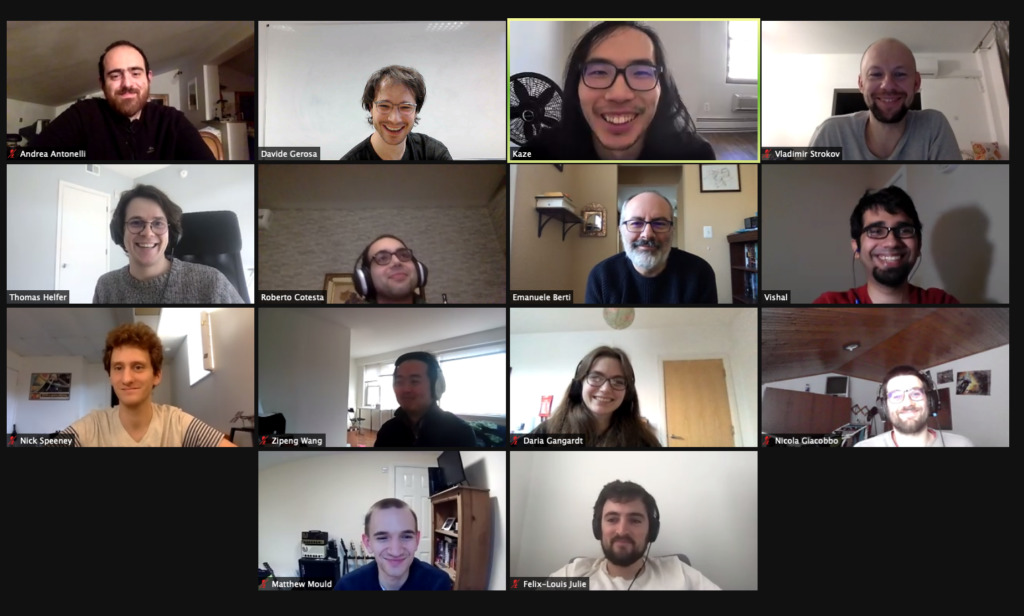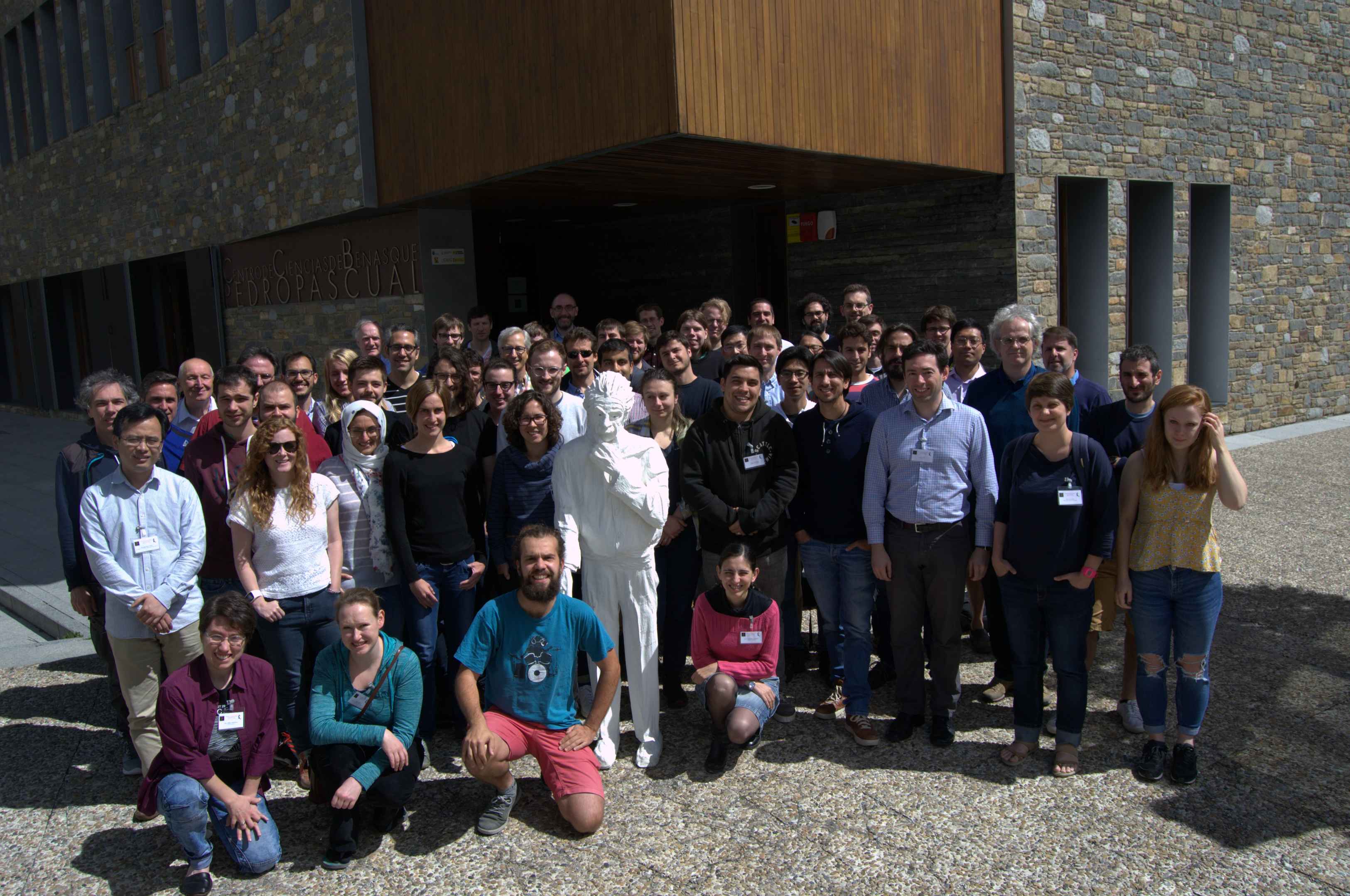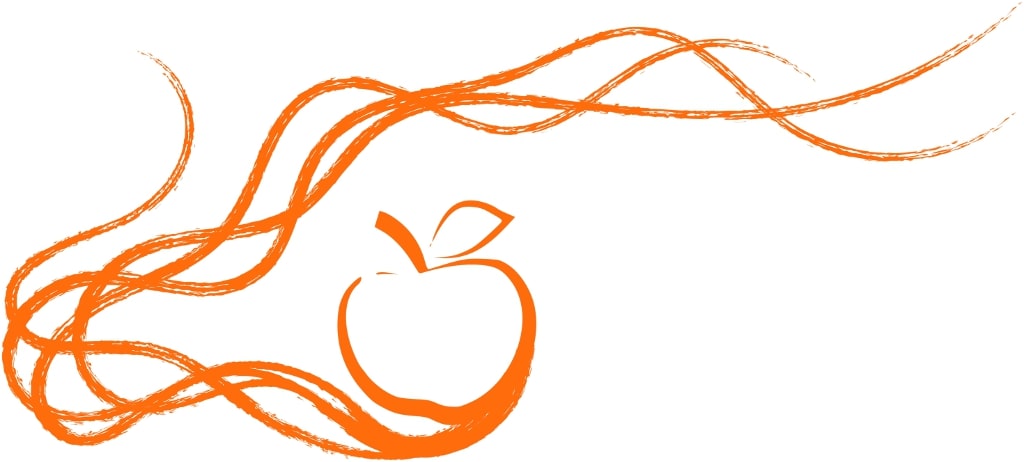The Italian Society of General Relativity and Gravitation (SIGRAV) announces the 26th SIGRAV Conference, hosted by the University of Milano-Bicocca, to be held in Milan, Italy, from September 8-12, 2025.
https://sites.google.com/unimib.it/sigrav2025
The conference will cover various aspects of classical and quantum gravity, including tests of General Relativity, cosmology, gravity experiments, and gravitational waves from experimental, theoretical, and data-analysis perspectives.
Participation is open to SIGRAV members and non-members alike, both nationally and internationally. The program will feature a series of broad review talks on various aspects of gravitational physics, as well as contributed talks. The SIGRAV Amaldi medals, the SIGRAV prizes for young researchers, and the Giulio Rampa PhD thesis prize will be awarded during the conference. There will also be a public event dedicated to the 10-year anniversary of the first direct detection of gravitational waves, GW150914.
Abstracts for contributed talks should submitted by May 31, 2025. We aim to announce the full conference program by the end of June. Registrations will be accepted until July 15, 2025.
Milan is a beautiful, international city in the north of Italy and is served by three major airports with worldwide connections. The city is home to art, history, and great food; you can also explore nearby lakes or venture into the stunning Alps.



